When we interviewed Idan, founder & CEO of Grow, a company that makes gardening in your own backyard and growing vegetables more accessible and hassle-free for families, we bopped around from his rooftop garden to the apartment he helped build to his backyard. This is a guy who believes in getting your hands dirty, from building model airplanes and scouting out snails in a swamp as a kid, to developing reconnaissance satellites in the Israeli army, to building companies and cob ovens from scratch, and raising a fearless little daughter who’s not afraid to explore her own limits.
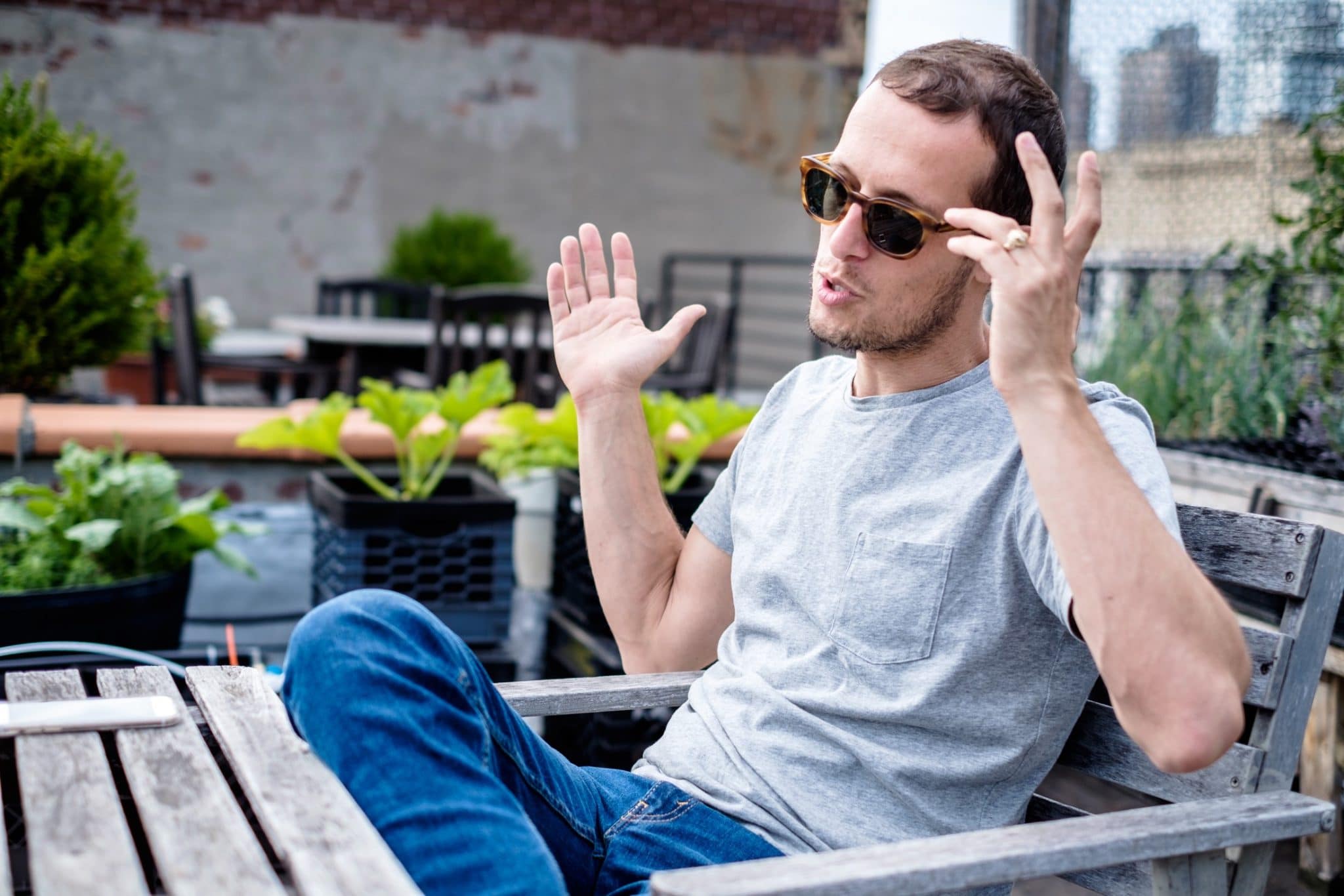
What’s your earliest memory?
I remember coming back from school and going with my mother to Tiny Forest -it was a park that was never turned into a park, so it was just a forest and a swamp – on winter days to look for snails. We used to walk a lot in the evenings. In Israel, it gets very hot at night in the summer, so we would walk around for an hour and then come home and shower and go to bed. One of the houses on our street has this crazy cactus that would only blossom one night a year, so we would go out exactly when it was going to.
Where did you grow up and what was it like?
I grew up in Ra’anana. It was a special place. When we grew up there, it was a small town. You were always walking distance from your school. The city has gotten completely ruined in the last twenty years. It’s sprawling all over and the center kind of died. They opened malls. When I grew up there, it was a very warm environment. On the outskirts of the town, it was all fields. I still remember when the combines would go in the fields, we would go after them and pick up all the small potatoes that they didn’t collect and boil them in water and a little bit of butter and it was an amazing feast.
How did your family end up in Ra’anana?
My mother was born to immigrants from Germany and grew up in a small village just outside of my town. Up until the seventies, people spoke mostly German there. Her grandfather came to Israel as an eye doctor and her grandmother was a nurse, but, they thought that the most important thing to do for Israel was to farm. They started a farming cooperative and invested in that for ten years and then went back into medicine. My father was born to immigrants from Iran – Persians – who lived in Jerusalem until the siege in 1948, during the Independence War. They fled Jerusalem and came to Ra’anana, where my grandfather had a trucking company, even though he never had a driver’s license. Funny enough, my father had a small school for driving instruction. My parents met because my father was my mother’s driving teacher.
What were you like as a kid? How did you envision the future, if at all?
I always had crazy dreams of what I wanted to do. I’m a very delusional person. I think it’s kind of what you need to be. Growing up, I was either at home on my computer or I was part of this – it sounds very nerdy – club where we would build model airplanes and then compete and fly them. We had access to crazy machines. It was super creative and technical. It made you a natural engineer without ever studying. It was awesome.
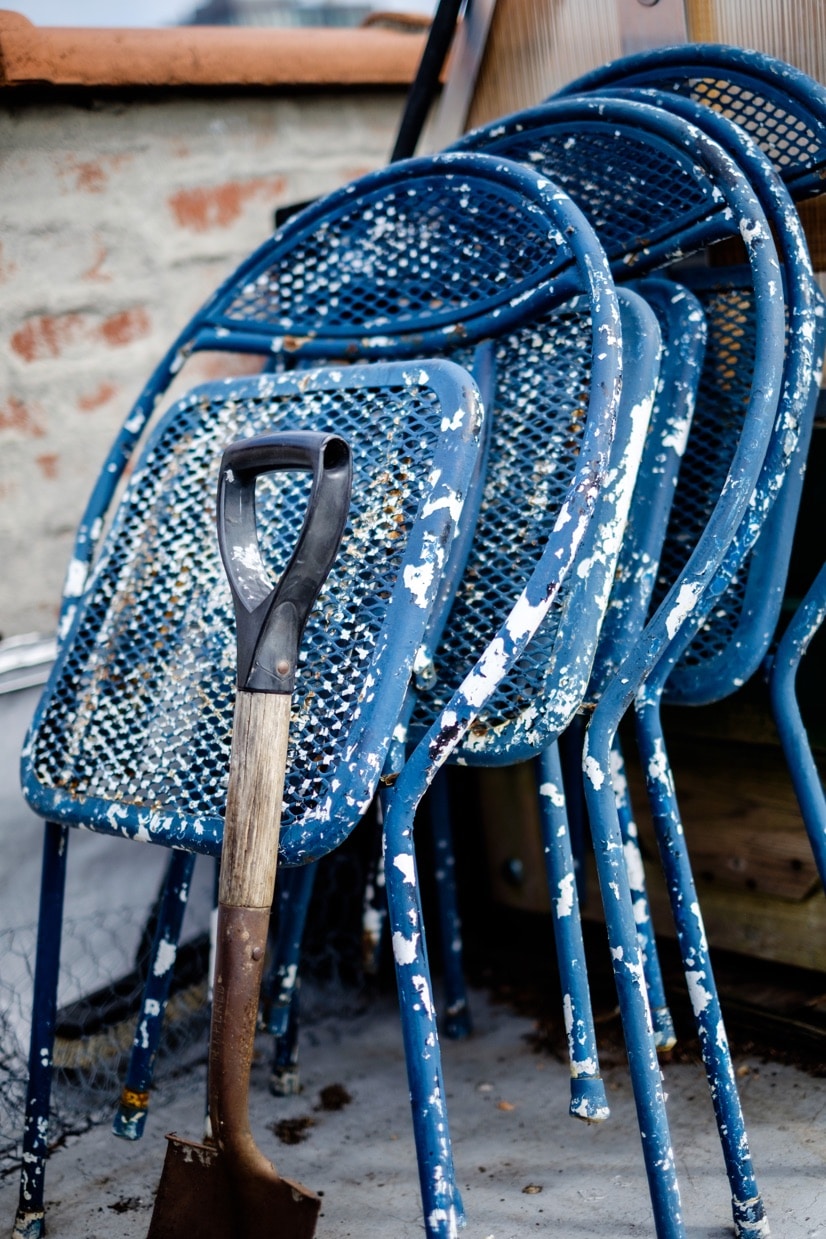
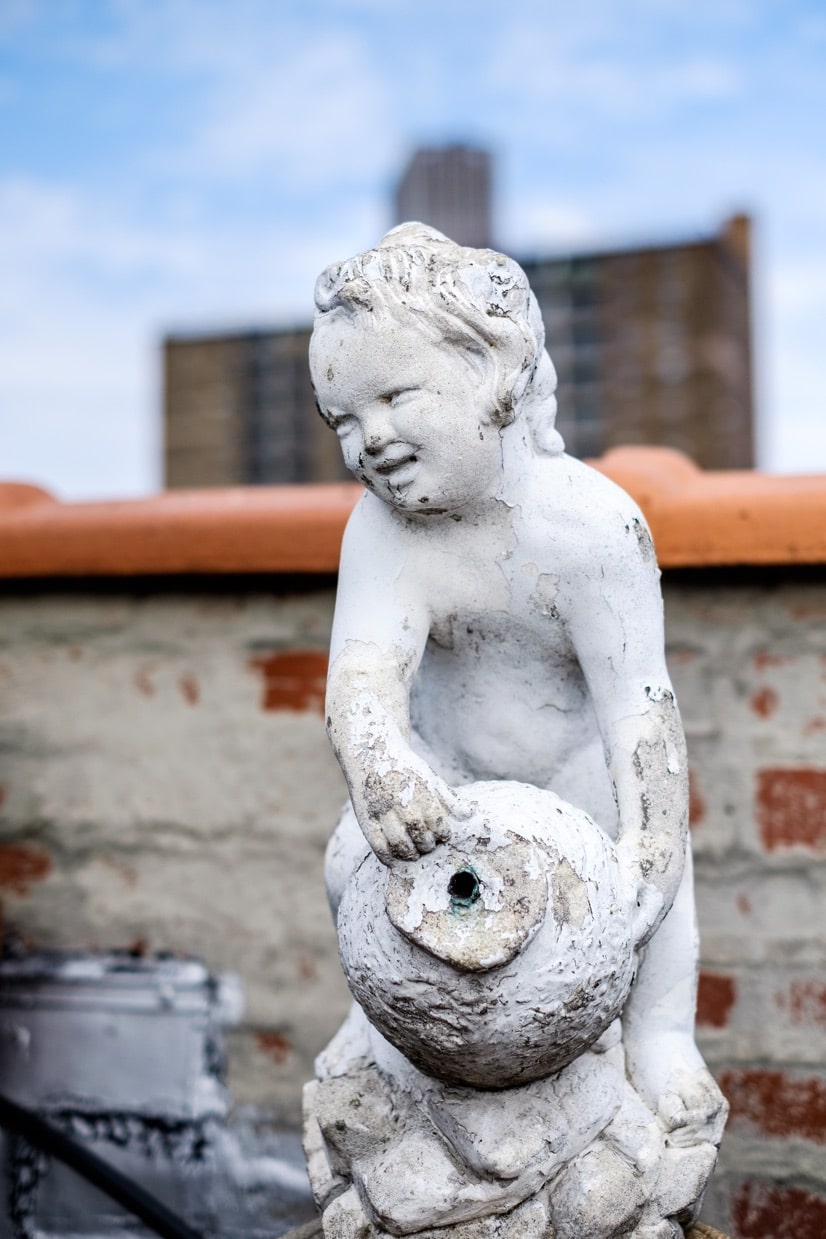
How did Judaism play a role in your childhood?
Not a lot. My father came from kind of a religious family. I think that he kept kosher and separated dairy and meat when he was younger and when he and my mother started being together, because I remember having two drawers for different sets of cutlery. When I grew up, we did not keep kosher in any way. My mother came from this German background where, of course, they had pork sausage, and my grandfather would go hunting and bring back rabbit or go to the fishermen in Jaffa and bring back shrimp. It wasn’t that common back then in Israel. They left Europe but it never left them. I remember my father’s father would go to synagogue, and he wouldn’t drive on Shabbat, but my father would take him in the car. He was a very mellow type of religious. On Yom Kippur, we would go with money and coins and do the kaparot. I did a bar mitzvah and I remember going through the process thinking, “Why do I need to do this? I don’t want this.”
I started becoming more politically aware and liberal and understood what I don’t like about religion.
As someone who grew up in Israel, your Judaism is a not a choice. That’s who you are. You don’t need to show it, you don’t need to do anything about it. On the other hand, it’s also imposed on you. There’s no public transportation on Saturday and all of the stores are closed, so you need to finish all of your shopping on Friday afternoon. Everyone has a bris. They don’t even consider whether they should have it or not. You can’t marry non-religiously. You can’t marry someone who’s not Jewish. If I had met Christina in Israel, we would not be able to get married there. It’s ridiculous. Even if you get married outside of Israel, in order to get divorced, you still need to go through the religious institutions. When you die, you have to get buried through a Jewish organization. You can’t get buried in a coffin. You can’t be cremated. All of these things get decided for you.
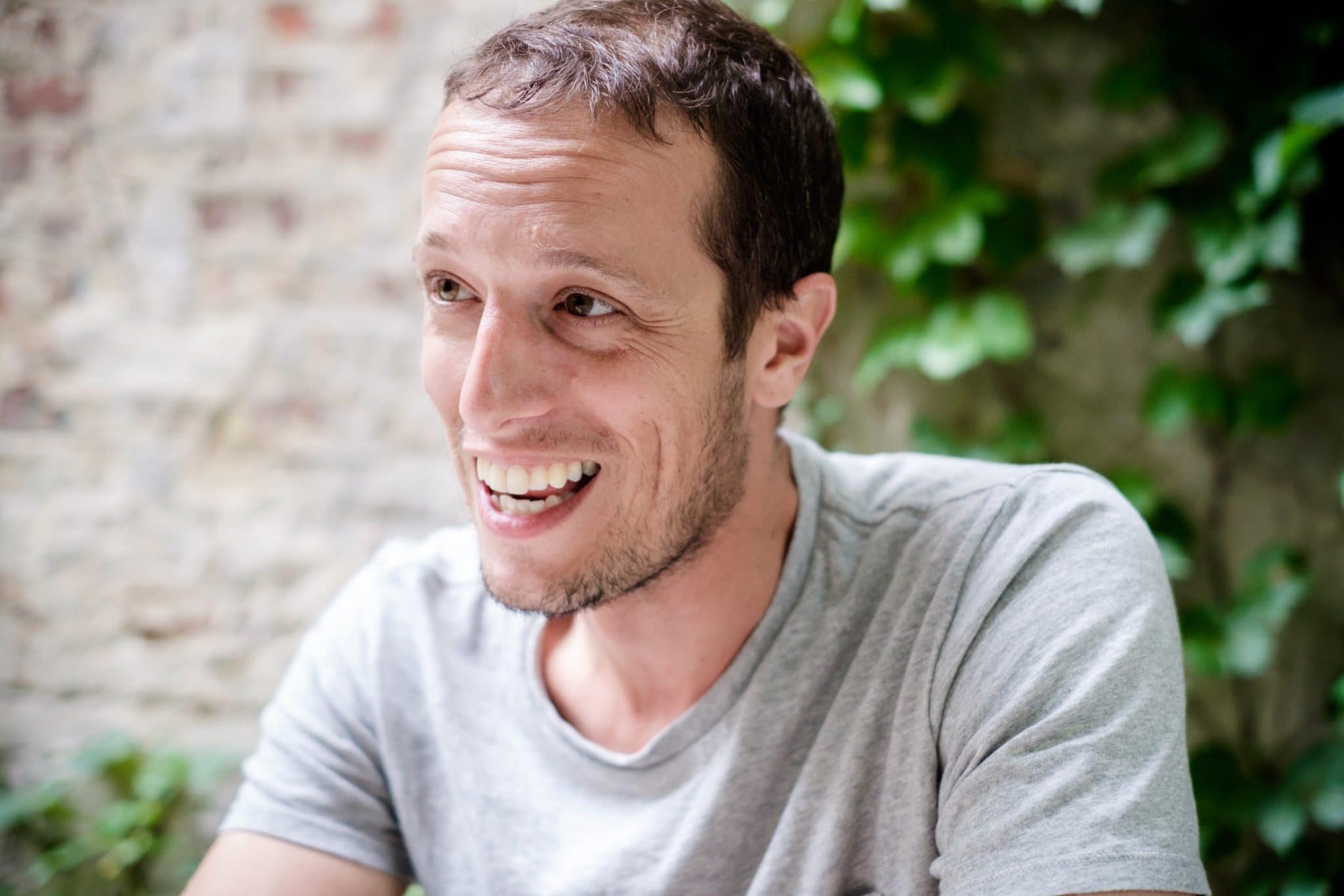
What did you do after the army?
I started working right away. During my army service, I learned how to code. I was in a unit for developing reconnaissance satellites. I felt like I had to get on this crazy thing that was happening, this Internet thing, this technology thing. I got my first computer when I was six. It was an Apple II. My mother sent me to a summer camp to learn basic coding skills, and only after I graduated did they get me a computer, because what would you do with a computer otherwise?
My job was high paying, it was what I was interested in, it was what I was good at, it made sense. I wanted to get better at it, I wanted to learn more. After a few months, I started my own company in parallel. That was fun. I never thought I’d be doing something other than technology.
My family was bugging me like crazy to go to school, so I went while I was working. I did one semester in Computer Science, which was horrible. I switched to Physics and Art History. My commander in the army was a Physics major and told me once that “Physics is the recipe for everything in life.” If you’re curious about nature, about technology, about science, I think Physics and Chemistry are a must. I was always interested in art.
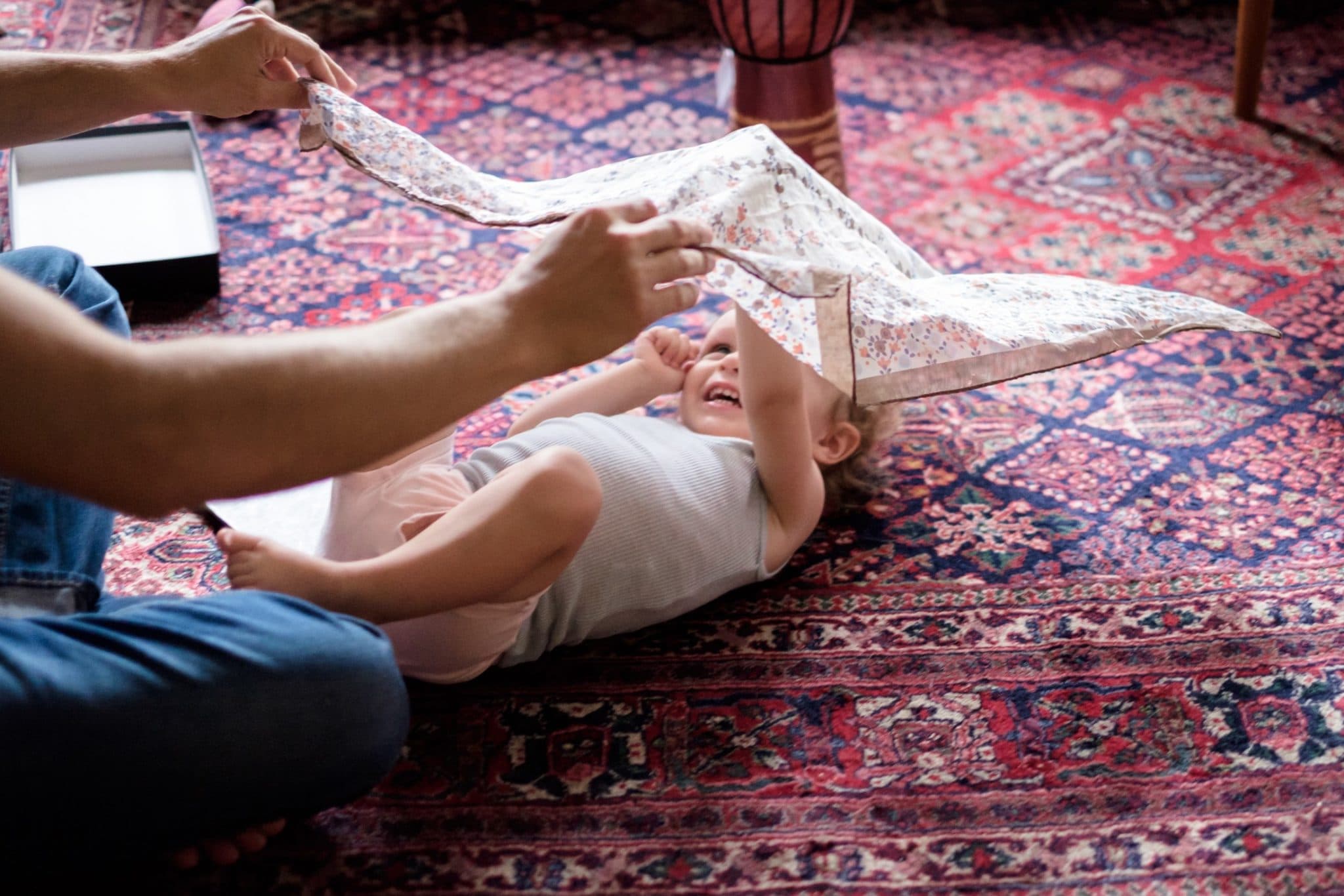
What’s something that you have not yet figured out?
Balance. I’d like to figure out a way to work less and do more fun, creative stuff. I really enjoy hanging out with my daughter, Ellie, so much. I would like to not just see her in the morning and at night when I come home.
What is something that you have figured out?
Fatherhood is a zillion times better than I thought it was going to be. I’m in love with spending time with Ellie. Seeing how she learns and the way that she explores the world. She’s fearless. We’re very hands off and let her figure out what she’s capable of and what she’s not. It’s been working out amazingly well.
What’s been the most surprising thing about marriage for you?
I thought I didn’t want to get married. Not that I didn’t want a partner, but I thought marriage was just this establishment way of taking over or making things more complicated. We ended up getting married, and the commitment that it creates just takes you to the next level. Instead of looking five years ahead, you look fifty years ahead, which is special.
What do you value in your friends?
I was shocked when I came here at how afraid people are of calling each other. They email and text. People would email me to see if I want to come over tonight and I would only see the email in the middle of the night and I was thinking, “We could have hung out if you just called me.” I think that people are afraid of rejection. People are very secretive about their lives. My closest friends are Israelis, because these are people that I can call when I walk from one place to another. I can call them and we can talk about anything and it’s totally fine to not pick up or to pick up and say, “Hey, I can’t talk right now” or “I’ll call you later.” In Israel, someone will just call you and say, “Hey, I’m downstairs.” You say, “Sure, let’s have a beer.”
My other close friends are some of the people we spend time with upstate. It’s an intimate relationship that’s been building for a while, spending time together cooking, just sitting in a hot tub or by a bonfire. Access to other people has never been easier, but real friendships are very rare.
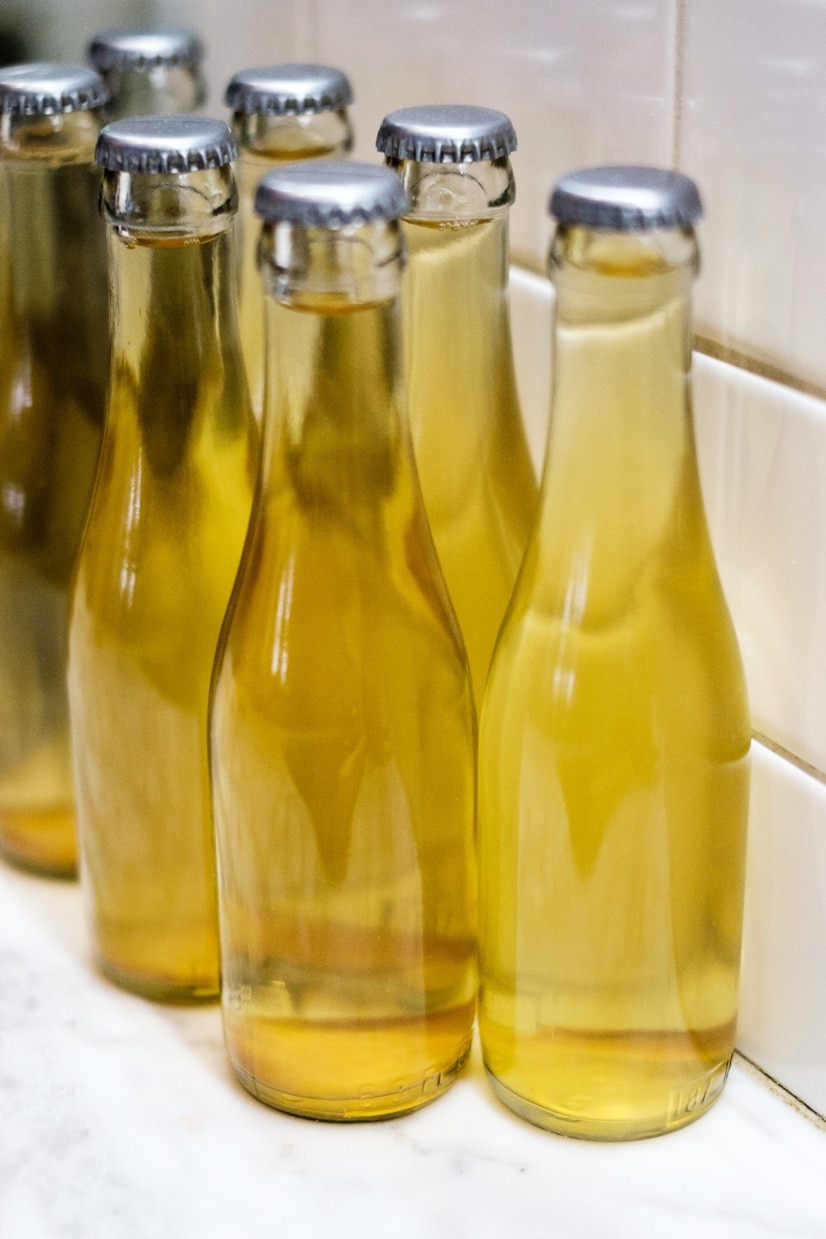
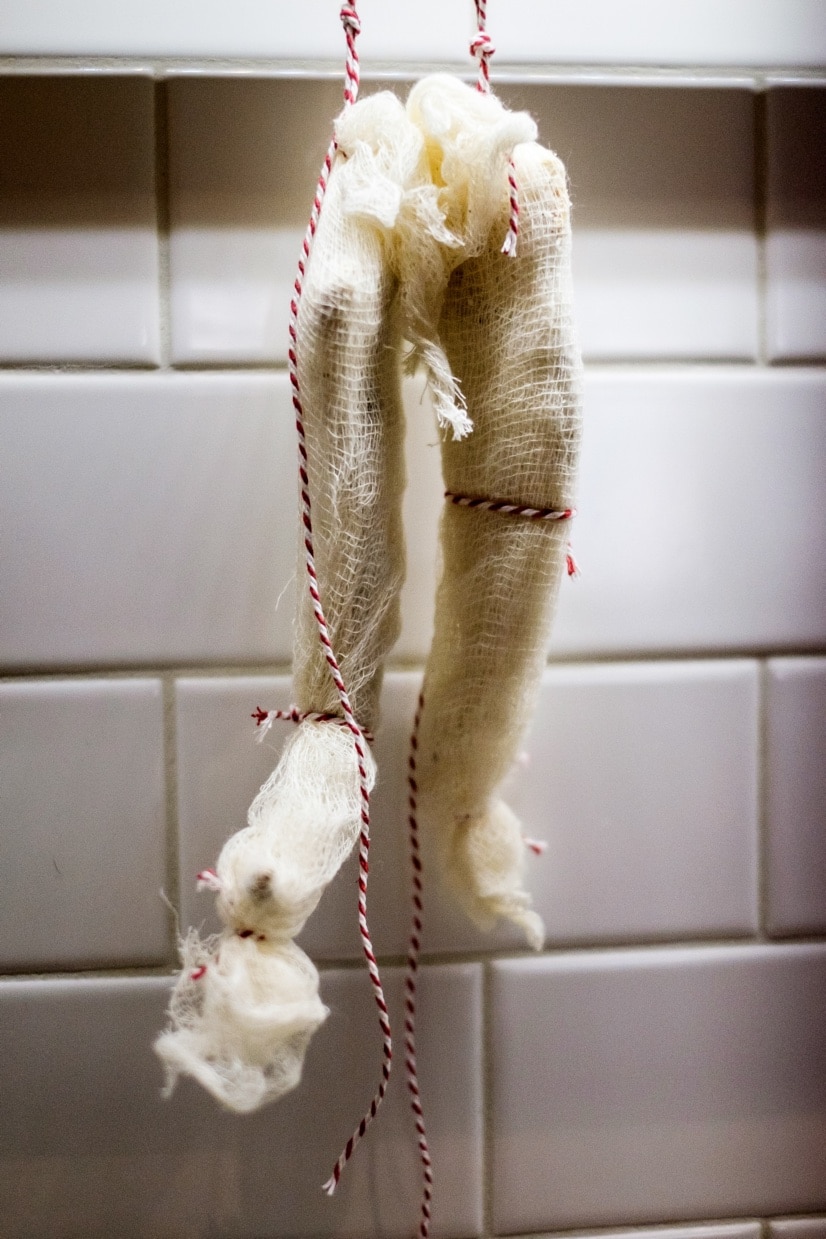
What do you love to cook?
I usually make twenty to thirty cans of tomato sauce in the summer and it lasts us until the next season. Our go-to is pasta with our homemade tomato sauce and sardines on top. I don’t cook a lot of meat, mostly because I don’t want to eat a lot of meat, and out of respect to the animal, so when I do buy meat, I buy from a very specific place, Dickson’s Farmstand. When I can’t get there, I go to Pino’s in Soho. It’s this old Italian place. There’s sawdust on the floor that’s usually stained with blood, and when you get a leg of lamb, they bring out half a lamb from the fridge and cut it on a saw in front of you and there’s bone splattering all over. I do a lot of fish. I became friends with the fish guy at Union Square Market, so, every Friday for about two years, I got a different fish and challenged myself. That’s our Friday thing.
Where’s your favorite place to go out for a meal?
Prune is our go-to restaurant. I really like Wildair. Prune is food that you can eat every day. Wildair is a place that you could go to every couple of weeks, because it’s so innovative and incredible and accessible and not expensive. There are a ton of good ramen places around here – Minca, Mr. Taka. My go-to breakfast is two soft boiled eggs at Lafayette. For coffee, we go to Abraço, which also has some of the best cakes in the city.
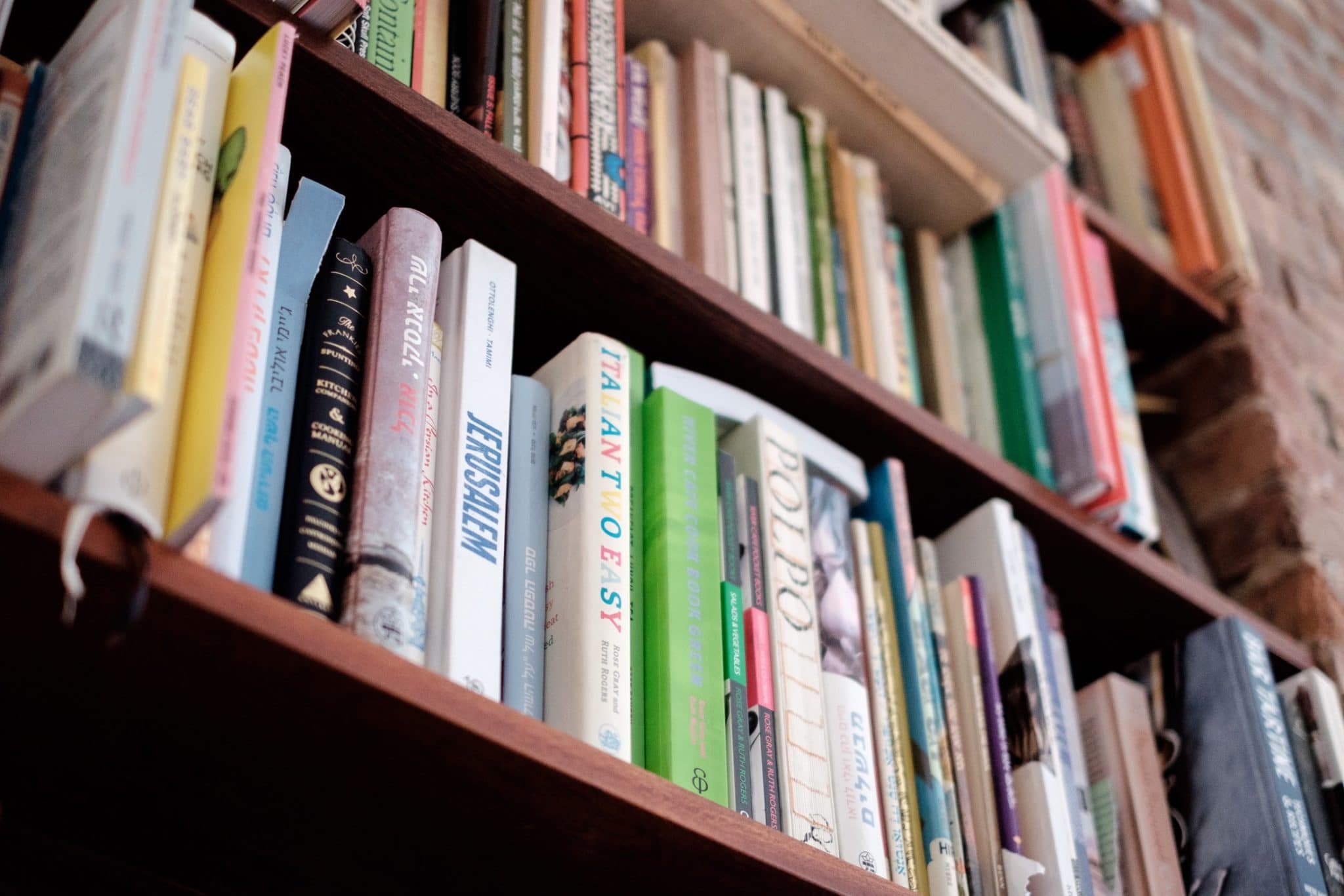
How does being Jewish play into your life today?
At some point, I started thinking of myself as Jewish by tradition and not by religion. Religion has no meaning in today’s world. Religion was invented to explain our fears, to instill systems of some kind for medicine, hygiene, hierarchy, laws, morals, rules. All of that is just not relevant anymore. We’ve substituted all of them. For most of us, we’ve explained our fears or religion doesn’t necessarily solve it.
We celebrate the holidays, because it’s a great opportunity to get together with friends and cook. I think it was Rosh Hashanah, and Christina said, “We go to synagogue, right?” and I was like, “Uh, we can. I never went to synagogue. I don’t know where there is one.” I don’t think there’s anything else, except for our love for Jewish food.
What is your favorite Jewish holiday?
Rosh Hashanah and Passover, because they’re both major meals. The meal can be more interesting on Rosh Hashanah, but I think there’s something nice about Passover and having a little bit of a program. Also, it’s Spring, it’s great for food.
What’s the best Jewish food and what’s the worst Jewish food?
I hate gefilte fish. My favorite Jewish food…I don’t know…chopped liver? Challah? When you say Jewish food, it connects immediately to either Sephardic or Ashkenazi and specifically for the holidays.
These days, what is Jewish food?
In Israel, there’s falafel. Is that Jewish food? No, it’s Israeli food. Street food in Israel is probably my favorite. Hands down. I always say the best falafel here is the worst falafel in Israel.
I forgot about cholent. My family’s cholent is a Persian version that my mother learned from my father’s mother. You stuff the chicken with rice, parsley, cilantro, mint, dill, and pine nuts. You sew it shut and it’s in a pot with beans and rice and potatoes and eggs. Instead of stock, she puts in five cups of really dark tea. It cooks overnight and then the chicken just falls apart. It’s super, super moist, the eggs are brown, and, because of the tea, they get a special flavor. Some people like the outside rice, it becomes kind of like a porridge. I prefer the inside rice, which actually stays kind of lean but is very herb-y. Every Jewish culture has its own overnight dish, because they couldn’t cook on Shabbat. I don’t know what they did in Iran, but when they did it in Jerusalem, they went to the bakery in their neighborhood with the pot and, at the end of Friday, the baker stops but the residue of heat in the oven is still there. Everyone put their pots in and then, coming back from the synagogue, they would pick them up and have lunch. That’s probably the best Jewish food.
Thank you for visiting Arq!
Arq is no longer publishing new content. We hope you'll enjoy our archived posts.